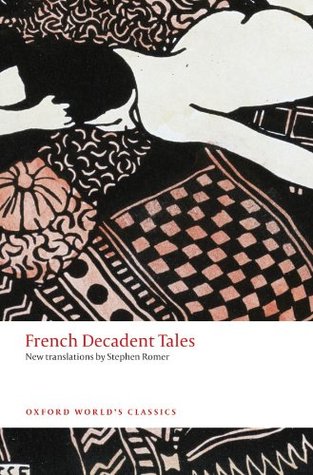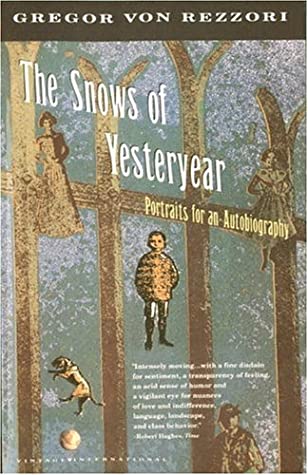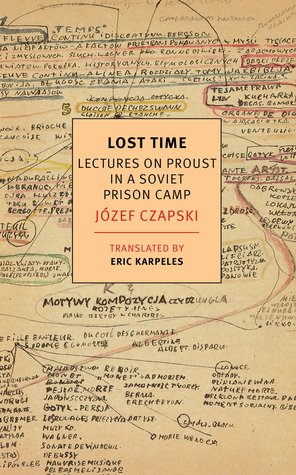French Decadent Tales Goodreads 豆瓣
French Decadent Tales
作者:
Octave Mirbeau
/
Jean Richepin
…
译者:
Stephen Romer
OUP Oxford
2013
- 5
'He had become the dandy of the unpredictable.'
A quest for new sensations, and an avowed desire to shock possessed the Decadent writers of fin-de-siècle Paris. The years 1880-1900 saw an extraordinary, hothouse flowering of talent, that produced some of the most exotic, stylized, and cerebral literature in the French language. While 'Decadence' was a European movement, its epicentre was the French capital. On the eve of Freud's early discoveries, writers such as Gourmont, Lorrain, Maupassant, Mirbeau, Richepin, Schwob, and
Villiers engaged in a species of wild analysis of their own, perfecting the art of short fiction as they did so. Death and Eros haunt these pages, and a polymorphous perversity by turns hilarious and horrifying. Their stories teem with addicts, maniacs, and murderers as they strive to outdo each other.
This newly translated selection brings together the very best writing of the period, from lesser known figures as well as famous names. Provocative and unsettling, these extraordinary, corrosive little tales continue to cast a cold eye on the modern world.
ABOUT THE SERIES: For over 100 years Oxford World's Classics has made available the widest range of literature from around the globe. Each affordable volume reflects Oxford's commitment to scholarship, providing the most accurate text plus a wealth of other valuable features, including expert introductions by leading authorities, helpful notes to clarify the text, up-to-date bibliographies for further study, and much more.
A quest for new sensations, and an avowed desire to shock possessed the Decadent writers of fin-de-siècle Paris. The years 1880-1900 saw an extraordinary, hothouse flowering of talent, that produced some of the most exotic, stylized, and cerebral literature in the French language. While 'Decadence' was a European movement, its epicentre was the French capital. On the eve of Freud's early discoveries, writers such as Gourmont, Lorrain, Maupassant, Mirbeau, Richepin, Schwob, and
Villiers engaged in a species of wild analysis of their own, perfecting the art of short fiction as they did so. Death and Eros haunt these pages, and a polymorphous perversity by turns hilarious and horrifying. Their stories teem with addicts, maniacs, and murderers as they strive to outdo each other.
This newly translated selection brings together the very best writing of the period, from lesser known figures as well as famous names. Provocative and unsettling, these extraordinary, corrosive little tales continue to cast a cold eye on the modern world.
ABOUT THE SERIES: For over 100 years Oxford World's Classics has made available the widest range of literature from around the globe. Each affordable volume reflects Oxford's commitment to scholarship, providing the most accurate text plus a wealth of other valuable features, including expert introductions by leading authorities, helpful notes to clarify the text, up-to-date bibliographies for further study, and much more.


